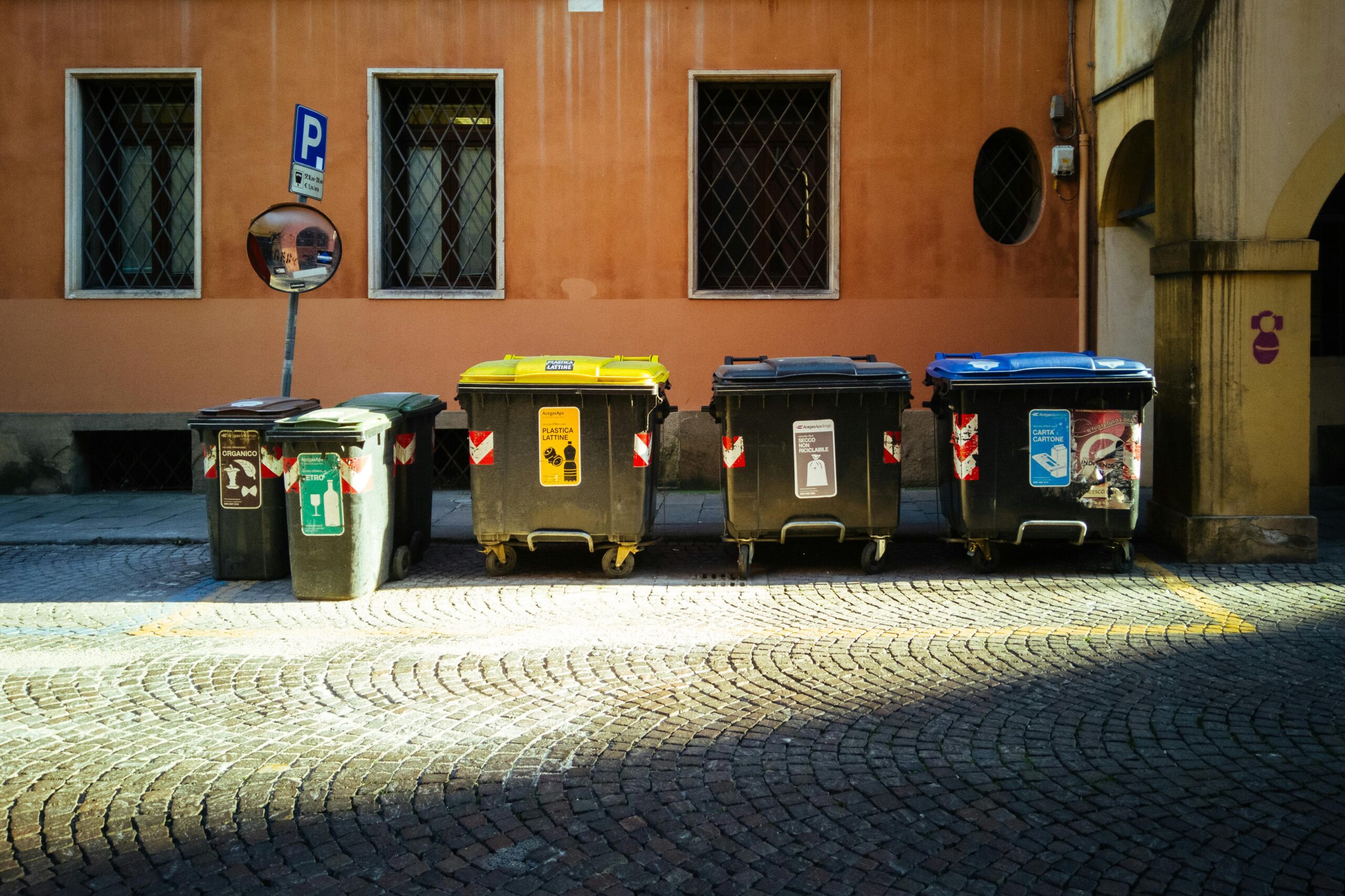As a homeowner, one of the most pressing challenges you face is the issue of waste disposal. In fact, efficient waste disposal is crucial. Studies show that on average, each individual produces around 2.01 kg of solid waste each day—and that’s just residential waste! Think about the significant environmental impact as those numbers add up. With those statistics in mind, finding effective home waste disposal strategies is not just good housekeeping, but also an essential step towards sustainable living.
Importance of Proper Waste Disposal
If you have lived in a home for any length of time, you will understand how quickly trash can pile up. More than just an inconvenience or an eyesore, improper waste disposal poses a real risk to your health and the environment. Microscopic germs thrive in waste, leading to potential outbreaks of diseases. Also, dumped garbage contributes significantly to global pollution and climate change by emitting noxious greenhouse gasses.
Minimize Before You Dispose
The first step towards smart waste management at home is aiming to reduce the amount of waste produced. Pay attention to the things you bring into your space and decide whether they are essentials or mere clutter contributors. Embracing minimalism goes a long way in keeping major amounts of trash under control right from the root.
Eco-friendly Buying Decisions
Your shopping habits can contribute significantly to cutting down on household waste. Choose products with minimal packaging or go for recyclable packaging options whenever possible. Buying in bulk can reduce the volume of packaging materials that would otherwise end up in your bin.
Intelligent Kitchen Practices
The kitchen is another major source of household waste through food scraps and cooking by-products. By being mindful about meal planning and managing leftovers efficiently, you can keep kitchen waste to a minimum. Even unavoidable waste such as vegetable peels could be put through composting.
Composting for the Environment
Composting is potentially the most environmentally-friendly way to manage organic waste at home. On top of reducing landfill, it contributes to good soil health, promoting nutrient-rich growth of plants. Once set up, a composting system is easy to maintain and gives back to nature in a beautiful way.
Proper Recycling Rituals
A proper recycling system is an effective strategy to manage solid waste disposal. Paper, plastics, metal, and glass can all be recycled into fresh materials. This not only keeps these potentially hazardous materials out of landfills but also conserves precious natural resources.
Hold Onto E-waste Responsibly
The rapid rate of technological advancement leaves us with a growing problem – e-waste. Instead of dumping old gadgets straight into the garbage bin, consider returning them to manufacturers or donating them; many companies offer programs that properly handle e-waste.
Hazardous Waste Handling
Hazardous material like batteries or fluorescent light bulbs demand a special mention. These contain chemicals dangerous both for you and the ecosystem and hence must never go into regular trash bins. Your local waste management services can guide on how to safely dispose of these items.
Repurpose Before Disposal
Before disposing of anything, question if it can have another life in your home. Old clothes can become cleaning rags or pet toys; used jars might be helpful for organizing stationery items. The more imaginative you are, the amount of trash generated.
Sell or Donate Unwanted Items
If you cannot find ways to repurpose items, consider selling them or donating to charitable organizations before disposing of them. This way, items get a new life, you reduce waste, and someone else gets something they need.
Garbage Segregation Practices
Maintaining different bins for different types of waste helps ensure that recyclables are separated from general waste, which results in far more efficient disposal, less pollution and conserves landfill space. This simple act can have a significant impact on managing municipal solid waste.
Waste Disposal Services
Take advantage of your local trash collection service rather than dumping indiscriminately. These services frequently sort collected waste for recycling and composting wherever possible, ensuring waste is disposed of in the most eco-friendly manner.
Involving Children in Waste Disposal Strategies
If you have children at home, involve them in your waste management plans. Teach them the importance of recycling and composting. This not only lightens your load but also fosters a sense of responsibility towards the environment in them.
The Future of Waste Disposal
There is always scope for innovation when it comes to waste disposal. From apartment complexes with their own recycling facilities to smart trash cans that segregate waste automatically, the future looks promising. Homeowners like you are part of the driving force towards these revolutionary changes.
Sustainable Steps
All these strategies underline one crucial fact: sustainable living starts at home. Good waste management practices not only create an inviting living space but also contribute positively to the environment. Recycling, repurposing and reducing your usage make the home a better place for you now and ensures a healthier future for everyone in years to come.

